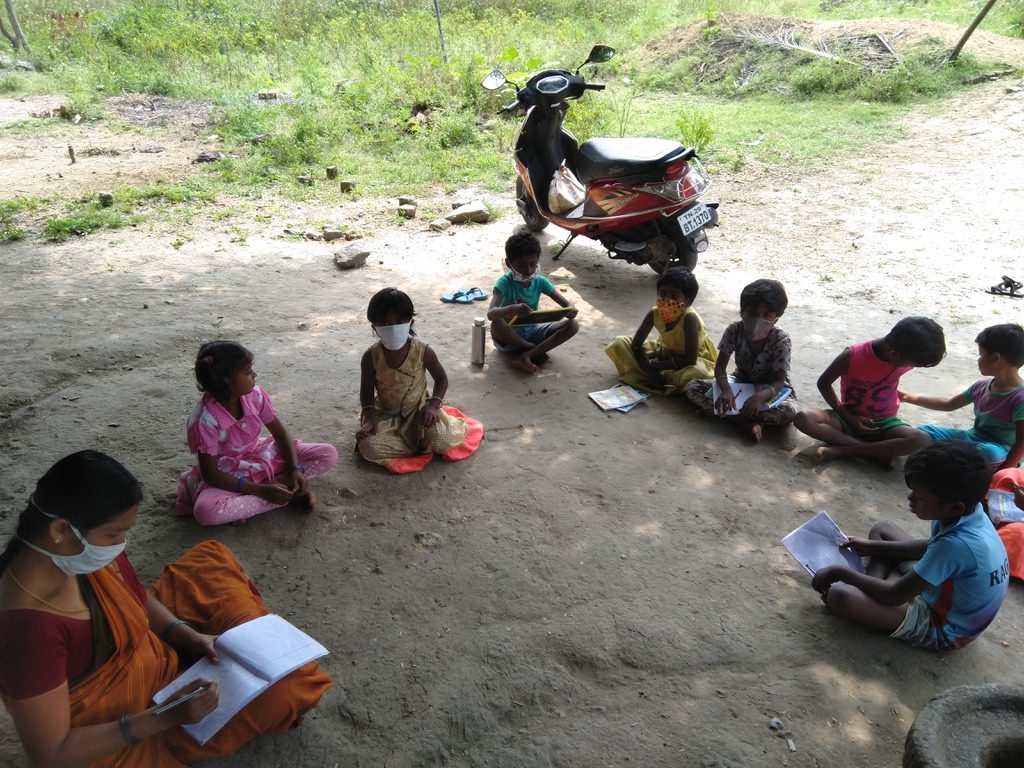Rising Inequalities
The current pandemic has laid bare the social, economic, and medical inequalities across different sections of the population. While this pandemic is not man-made, the resultant inequalities due to negligence and oversight are certainly a result of unfairness in society. The disease can affect rich or poor alike but not their social and economic status in the same manner. Many economies shrank, there were many job losses, industries folded up, and yet, the rich were seen getting richer and the poor, poorer. A report by World Bank indicates that the number of poor people (income less than $2 a day) has increased by 75 million in India alone. On the other hand, the flagship stock market index, BSE Sensex, has almost doubled over the past 12 months. Vaccination is currently a topic of discussion, more in political and economic spaces than medical spaces. As Nobel laureate Angus Deaton once said, ‘while inequalities between countries are decreasing, inequalities within countries are on rise.’
The impact of inequality is strikingly visible in the field of education. A recent report by UNICEF estimates that more than a billion students are at the risk of falling behind due to school closures. Students having access to digital devices, Internet network, and continuous electricity were able to continue their lessons through video conferencing and other digital means. According to the Pratham’s ASER survey in 2020, only 20% of students in India had access to online schooling. Further, it is not only the education that suffered. In many instances, midday meals were a source for nutritious food for many children from poor families and absence of schools impacts their health too.
Furtherance of inequality can only lead to despair and the only way to reduce inequality is through positive action. It is here that the institutions like Asha for Education, and our project partners play the role of a bridge between the ‘haves’ and ‘have-nots’. We may not have the power to reduce the inequality in the outcomes, but we can certainly reduce inequality in opportunities. It is only by demonstrating fairness in our actions, we can consciously reduce inequalities.
News from Project Partners
Coming Home, a novel written by Priti David, was based on the stories of students from Thulir basic technology program. A piece of fiction, Priti had taken the liberty to mix the stories of many children in one and present a beautiful potpourri of many stories in a single story. Asha Bangalore invited Priti David to share her thoughts and ideas behind the book with our volunteers and donors. It was a wonderful evening listening to her experience and what inspired her to write the book.
STEMLand launched a new program, Becoming and Being Shifu, A one year program for youth to learn and master skills, competencies, and inner capacities. Balaji, volunteer with Asha Bangalore, attended the inauguration of the event and you can read his report here.
Interaction with Project Partners
During Jan-Feb, when COVID was easing in Tamil Nadu, our volunteers were able to visit Thulir, Isaiambalam, and STEMLand to witness their work and how they are coping up with the recent challenges. Balaji visited Thulir in the first week of February. He spent few days interacting with the teachers and also visited the decentralised schools. You can read his report here.

In February, Anjana visited Thulir for the first time and has penned her impressions here. Being an architect, visiting Thulir was a unique experience for her.
Balaji also visited Isaiambalam School in late February and you can read his report here.
